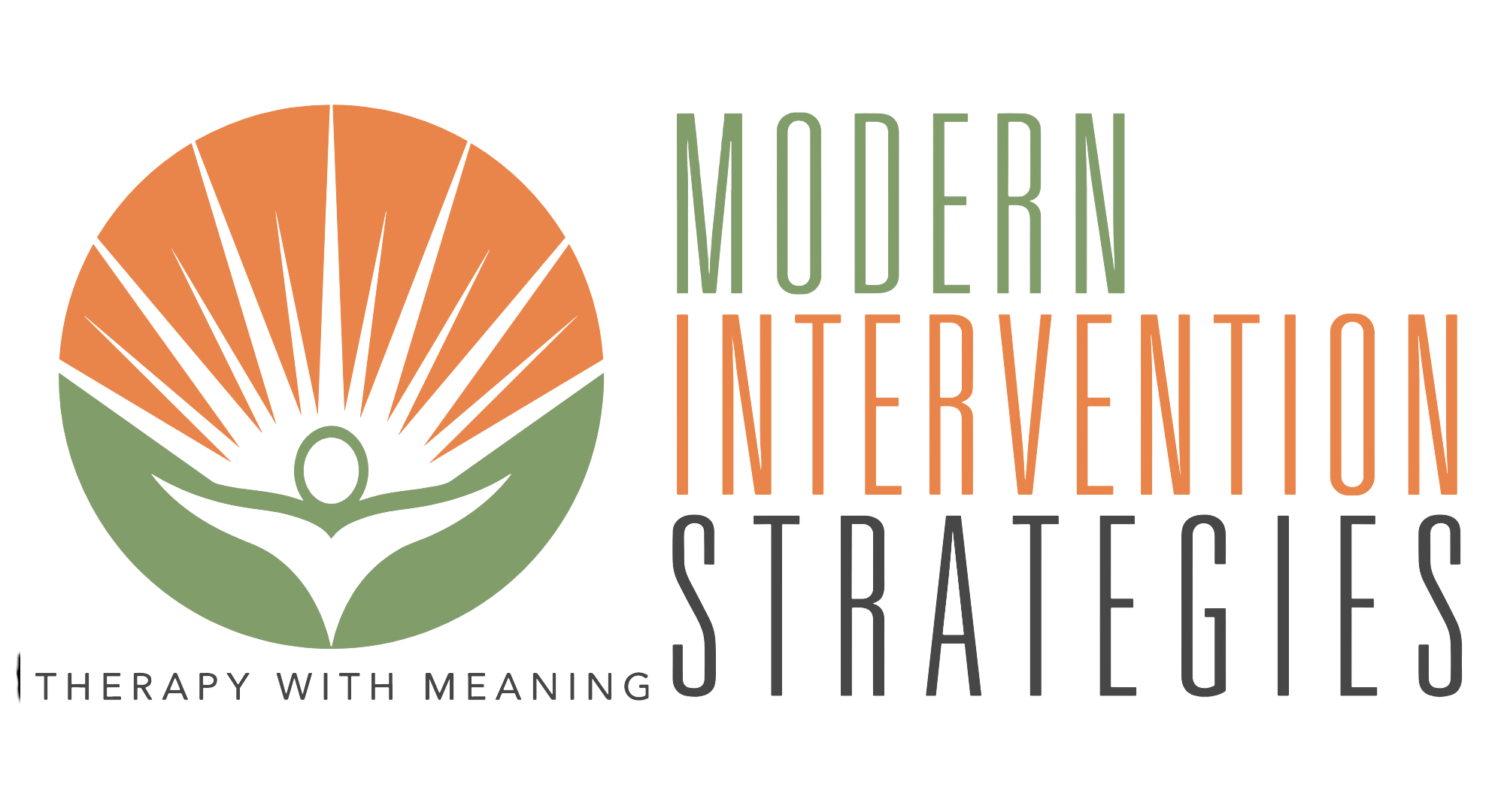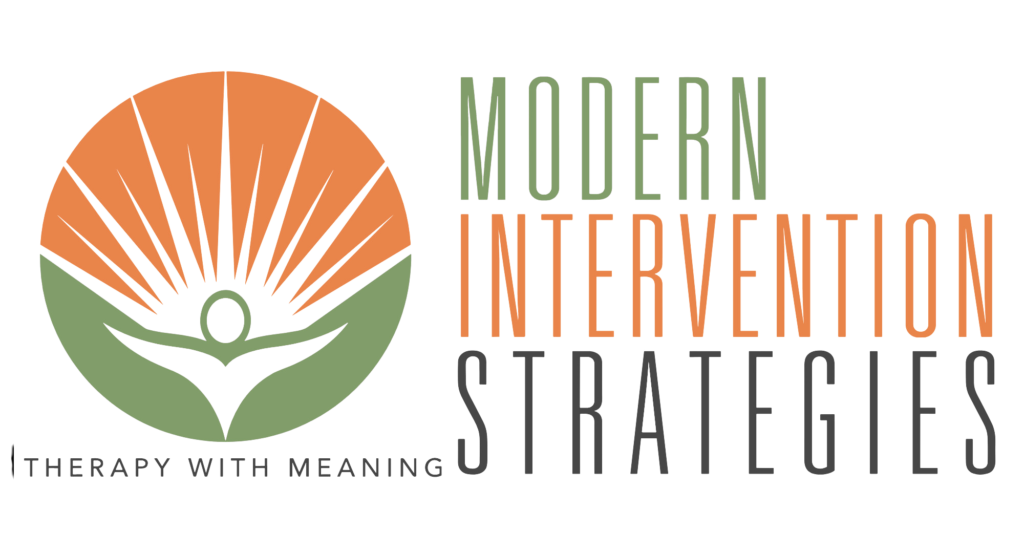Teen Therapy
Has Communication Between You And Your Child Broken Down And Leaving You Stressed Out? Our Counselors Can Help
Does your teen seem troubled by anxiety or depression? Have they withdrawn from you, leaving you to wonder what’s bothering them? Or has your teen’s behavior become angry and defiant?

It’s a helpless feeling to watch your child struggle and not know how to help them. Perhaps they are having a hard time making or keeping friends. Or maybe they’re showing less interest in the activities they once enjoyed. It’s possible that your teen’s behavior has gotten out of control and they are acting out. Missing school and breaking curfew, they no longer seem to care about the consequences of their actions.
Not Understanding What’s Going On Is A Helpless Feeling
As much as you try to engage in conversation with your child, they aren’t confiding in you about what’s happening. Although you can tell they are anxious or depressed, they remain isolated and close you out.
You might have theories about what is bothering your teen—maybe it’s their peers, the pressures of school, or they could be questioning their sexuality—but you have no way of confirming your suspicions. You may worry that your child is having thoughts of suicide and are terrified of where their behavior may lead.
Fortunately, teen therapy provides a confidential sounding board for your child to express themselves freely and learn helpful strategies to regulate their emotions.
The Teen Years Can Be Emotionally Volatile
Most children feel a disconnect from their parents at a certain point in their adolescent phase. They are being influenced by their peers, experiencing hormonal changes, and trying to figure out their place in the world. It’s normal for teens to withdraw from their parents as a way of exerting their independence and developing a unique identity.
Our teenage children may find it difficult to share their feelings with us. They may be concerned that we are too busy with our own lives, not wanting to burden us with their issues. Or perhaps they just want us to listen to how they are feeling instead of always trying to fix the problem. A lot of the pain and frustration they experience occurs when they don’t feel heard by us, leading them to suffer in silence.
Social Media Encourages Unhealthy Comparisons To Others
As pre-teens, our children are still quite impressionable as they continue to learn about themselves. When social media is introduced at this stage, they compare themselves with their peers and, as a result, often feel as though they are lacking. Our children tend to believe whatever they see or read online, which can negatively affect how they perceive themselves— whether it’s true or not.

Furthermore, the additional stress and anxiety that the pandemic has inflicted upon our children have only served to heighten their distress. The uncertainty that comes with Covid has left an indelible mark on our children at a time in their lives when they are especially sensitive and vulnerable.
The good news is that by working with a trained therapist, your teen can get the help they need to work through their thoughts, feelings, and emotions. Rather than being influenced by negative external factors, teen counseling can empower your child to find their inner voice.
Teen Therapy Can Help Your Teen Navigate Their Emotions
When a child experiences emotional pain, what they need more than anything else is the opportunity to be fully seen, heard, and accepted for who they are. As their parent, you may think you are offering your child that opportunity, but oftentimes your first instinct is to try to fix what’s wrong rather than listen. Teen therapy provides your teen with a space where they can rest assured that each week their counselor will be there to listen to their concerns and offer supportive guidance.
Therapy provides your teen with a space where they can rest assured that each week their counselor will be there to listen to their concerns and offer supportive guidance. Their therapist will serve as a neutral party who will build rapport with your child, allowing them to express themselves honestly and make them comfortable sharing their vulnerabilities.
What To Expect In Sessions
In order for the therapist to evaluate family dynamics in teen therapy, the initial session will usually be attended by the child and the parents together.
Thereafter, the therapist will check in with you periodically as well as schedule a follow-up session at the 3-month mark to see if you have noticed any improvement with your child. They will use the check-ins as opportunities to teach you skills to improve your communication style with your child.
By learning to identify their thoughts and feelings, your child will better understand what they are experiencing how to manage overwhelming emotions when they arise. By learning tangible coping skills, they will learn more productive ways of expressing themselves as well as how to improve communication so they can advocate for themselves.
The Modalities We Use
When working with teens, we utilize Person-Centered Therapy (PCT). PCT believes that each of us has, “the capacity and desire for personal growth and change.” The therapist will offer your child empathy and unconditional positive regard to instill a sense of confidence. And by modeling good communication skills, they will empower your child to communicate with you and ask for additional support when they need it.
Additionally, your teen will learn ways to manage anxiety, such as deep breathing exercises, positive self-talk, and journaling. Not only will these techniques defuse stress, but they will also help your child productively manage their emotions, providing them invaluable tools they will carry with them into adulthood.
We aim to teach your teen how to trust themselves enough to communicate their needs. Through empowerment, they will believe in themselves and realize that anything is possible.
But You May Wonder If Your Child Could Benefit From Teen Therapy…
How are parents involved in the therapy process for teenage children?
Before getting started with your teen, the therapist will meet with you (the parents) to determine if we are the right fit and gather more information about your child’s presenting issues to determine the best course of treatment. Our teen therapy counselors check in with parents periodically to keep them involved and provide them with helpful techniques to support your child through the therapeutic process.
Will the therapist tell me what my child talks about in therapy?
To gain your teen’s trust in therapy and provide them with the best possible care, the therapist cannot violate their trust by sharing with you what they discussed in the session. Instead, the therapist will empower your child to speak with you directly as a way of helping them improve their communication with you. If there is something critical you should know about, the therapist will ensure your child shares this information with you
What will my teen learn in therapy—how will their attitude change?
Your child will learn to understand themselves more deeply and advocate for their needs. They will also get more comfortable expressing themselves and communicating with you and other family members. Most importantly, therapy will help your teen feel empowered to trust themselves in decision-making that benefits their well-being. Building self-confidence and resilience will help your child realize that they have so much to offer the world.

Join The Experience
Your child is at a vulnerable age. Providing them with compassionate support through teen therapy now can make a significant impact on the rest of their life.




